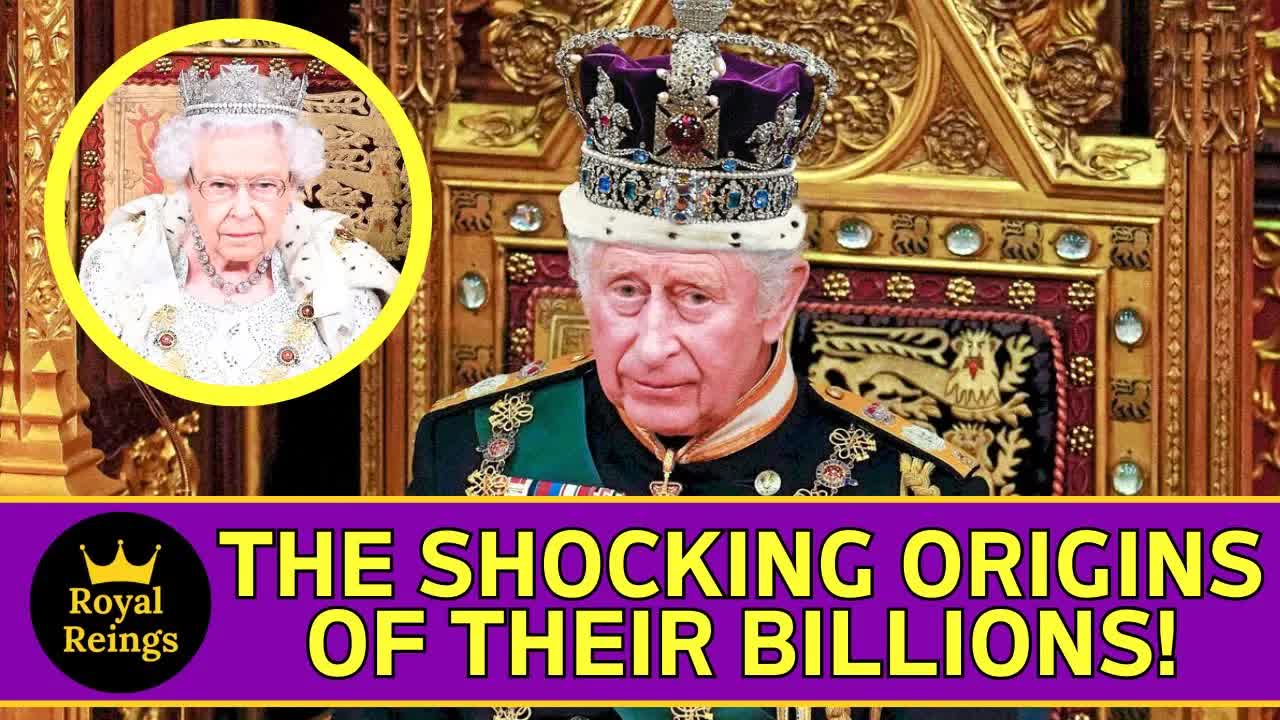The passing of Queen Elizabeth II has not only marked the end of a remarkable 70-year reign but has also opened a complex dialogue about her legacy and the future of the British monarchy.
Buckingham Palace’s announcement resonated deeply, signaling a moment of reflection for a nation and a commonwealth still grappling with the implications of her leadership.
As we look back on her time as monarch, it becomes clear that her reign encapsulated a period of significant global transformation.
From witnessing the decolonization of former British territories to navigating societal changes that challenged the monarchy’s very essence, Queen Elizabeth II was at the helm during tumultuous times.
While many mourn her loss, her death has reignited discussions about the monarchy’s role in modern society and the ethical ramifications of its historical actions.
For some, she embodied stability and duty, a steadfast figure who endured wars and political crises with grace.
Tributes flooded in from all corners of the UK, with somber memorials and long lines of admirers paying their respects.
Yet, beneath the layers of grief and admiration, critical voices have emerged, questioning the darker chapters of the monarchy’s past.
Central to this critique is the British Empire’s history of wealth accumulation through colonial exploitation and the transatlantic slave trade.
The royal family’s involvement in these practices dates back centuries, beginning with Queen Elizabeth I, who supported privateers engaged in slave trading, and continuing under King Charles II, who established the Royal African Company.
This company played a pivotal role in the horrific trafficking of enslaved Africans to the Americas, significantly enriching the monarchy while entrenching its ties to a system built on suffering.
The Royal African Company’s operations were vast, transporting more enslaved individuals across the Atlantic than any other entity during its peak.
The profits from this brutal trade not only bolstered the monarchy’s coffers but also solidified Britain’s position as a global power, leaving a legacy of pain that echoes through generations.
Today, the monarchy’s wealth, estimated at a staggering $28 billion, faces scrutiny as a direct result of these historical injustices.
Critics argue that even after Britain abolished slavery in 1833, the process favored the enslavers rather than the victims.
The Slavery Abolition Act compensated slave owners to the tune of £20 million, a debt that British taxpayers, including descendants of the enslaved, carried until 2015.
This financial burden underscores the monarchy’s complicity in systemic inequality that persisted long after abolition.
Queen Elizabeth II herself was not immune to criticism regarding her wealth management.
Investigations revealed that she sought to influence legislation to keep her finances private, raising questions about the unique privileges enjoyed by the monarchy, such as exemptions from certain taxes.
This revelation sparked public outrage, especially as taxpayers continued to fund royal estates and extensive renovations, including the multimillion-pound refurbishment of Buckingham Palace.
In recent years, the conversation around reparations for slavery has gained momentum, particularly among leaders and activists from former British colonies.
Many are vocal in their demands for acknowledgment and compensation, with estimates of reparations running into trillions of dollars.
This movement seeks to address the profound economic and social disparities created by colonial rule and maintained by subsequent policies.
The urgency of these demands became evident during a royal tour of the Caribbean by Prince William and Princess Kate, where they faced protests calling for apologies and reparations.
Slogans like “Apologise Now!”
reflected growing discontent with the monarchy’s reluctance to confront its historical wrongs.
While Prince William expressed sorrow for slavery, his words fell short of the formal apology many sought, fueling suspicions that the royal family prefers symbolic gestures over substantive action.
As King Charles III ascends to the throne, he inherits not just the crown but also the weight of history.
His reign presents an opportunity to address these historical injustices, and there is cautious speculation about whether he will take a more progressive stance, given his commitment to social and environmental causes.
However, the prospect of confronting reparations or issuing formal apologies poses risks to the monarchy’s finances and raises critical questions about its legitimacy in contemporary Britain.
The monarchy’s influence extends beyond ceremonial duties; it is an institution intertwined with national identity and global perception.
Yet this influence is increasingly scrutinized through a dual lens of admiration for its historical continuity and criticism for perpetuating colonial legacies without accountability.
How King Charles III chooses to engage with calls for justice will shape not only his reign but also the future trajectory of the British monarchy.
The ongoing discussion around reparations and the royal family’s wealth touches on broader themes of privilege, social justice, and economic inequality.
The monarchy’s tax exemptions and taxpayer-funded renovations are viewed as remnants of an era where power and wealth evaded public scrutiny.
This disparity has fueled public frustration, especially in a time when socioeconomic challenges continue to mount in the UK.
While the reign of Queen Elizabeth II has come to a close, the unresolved legacies of colonialism and the monarchy’s wealth remain pressing issues.
The world watches closely as King Charles III navigates this complex landscape, weighing the potential for evolution against the temptation to preserve continuity.
Will the British monarchy rise to the occasion, confronting its past and addressing calls for reparative justice, or will it choose to prioritize its own legacy over the urgent need for accountability?










